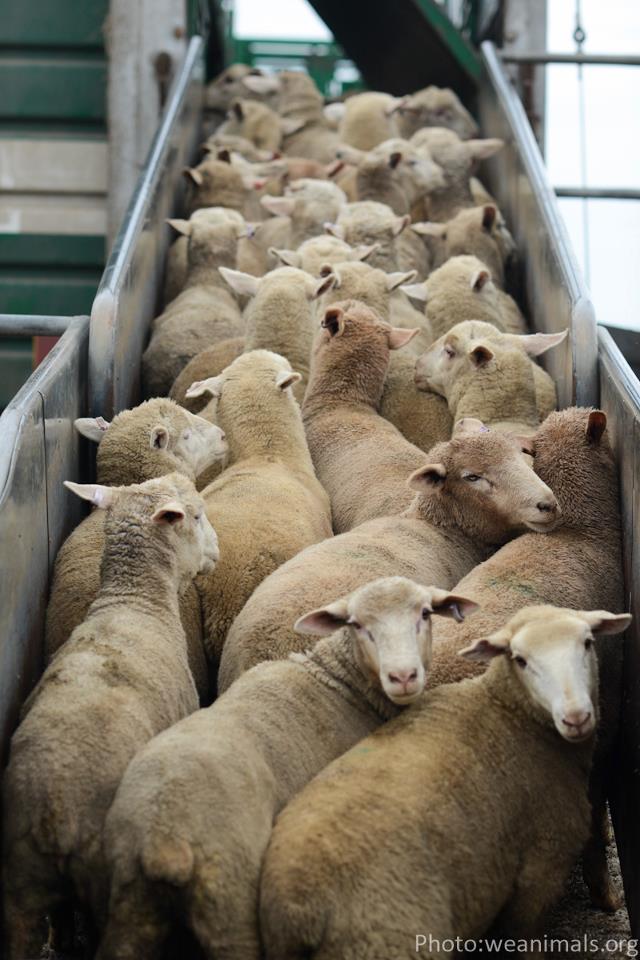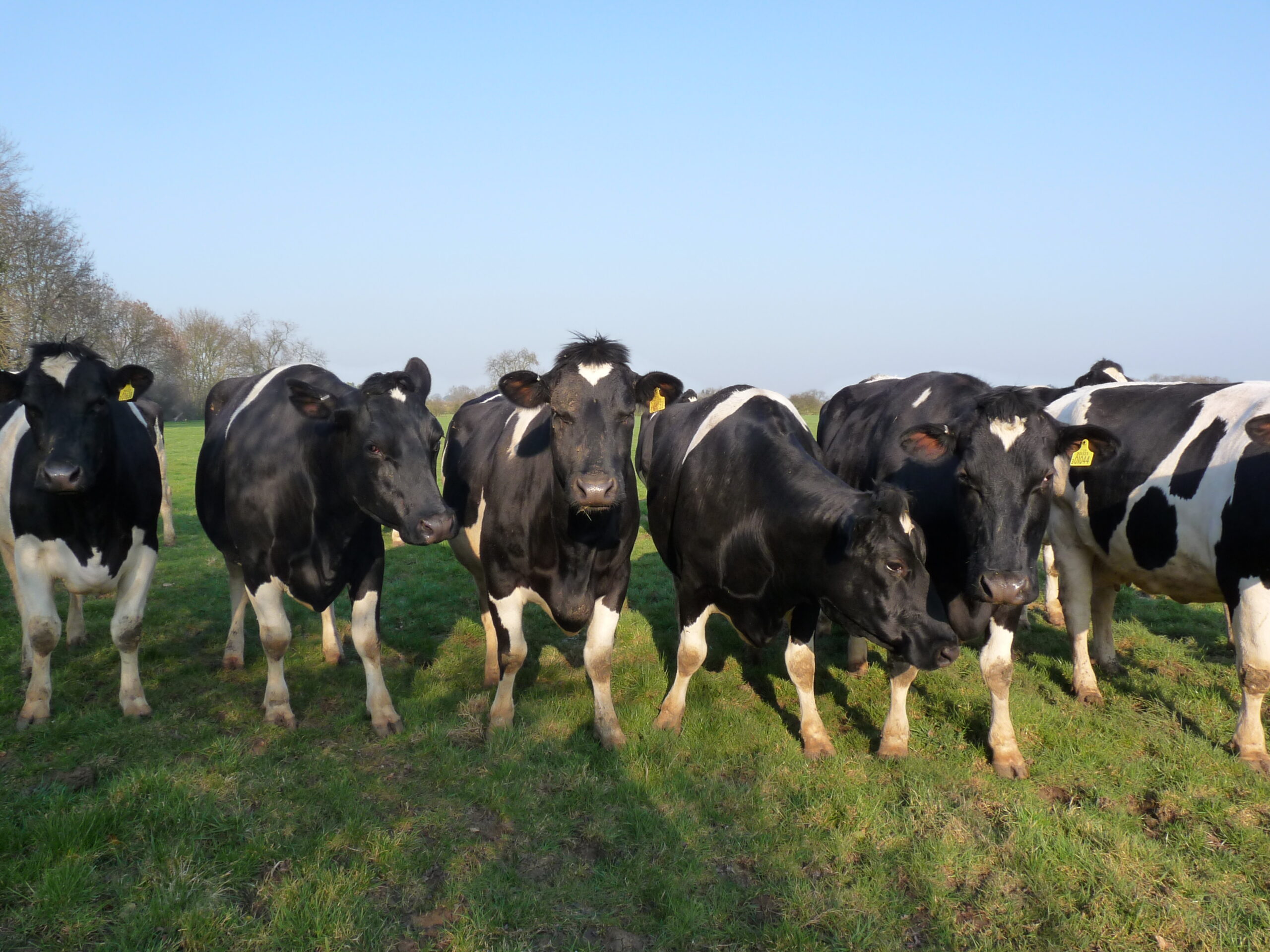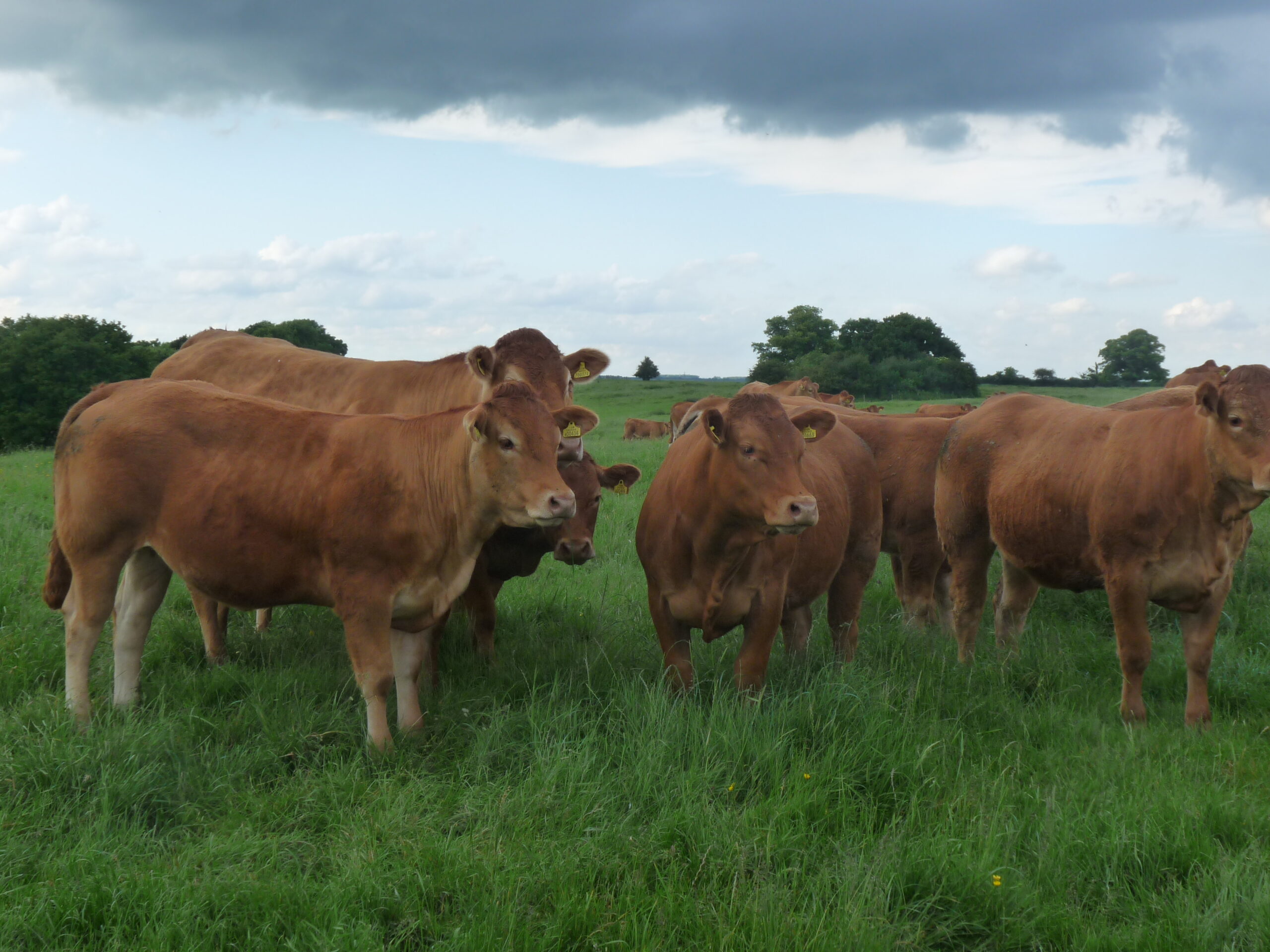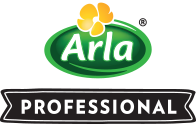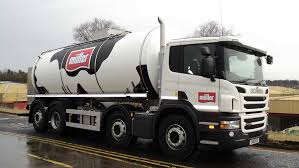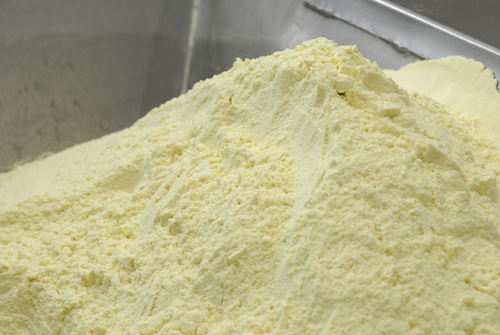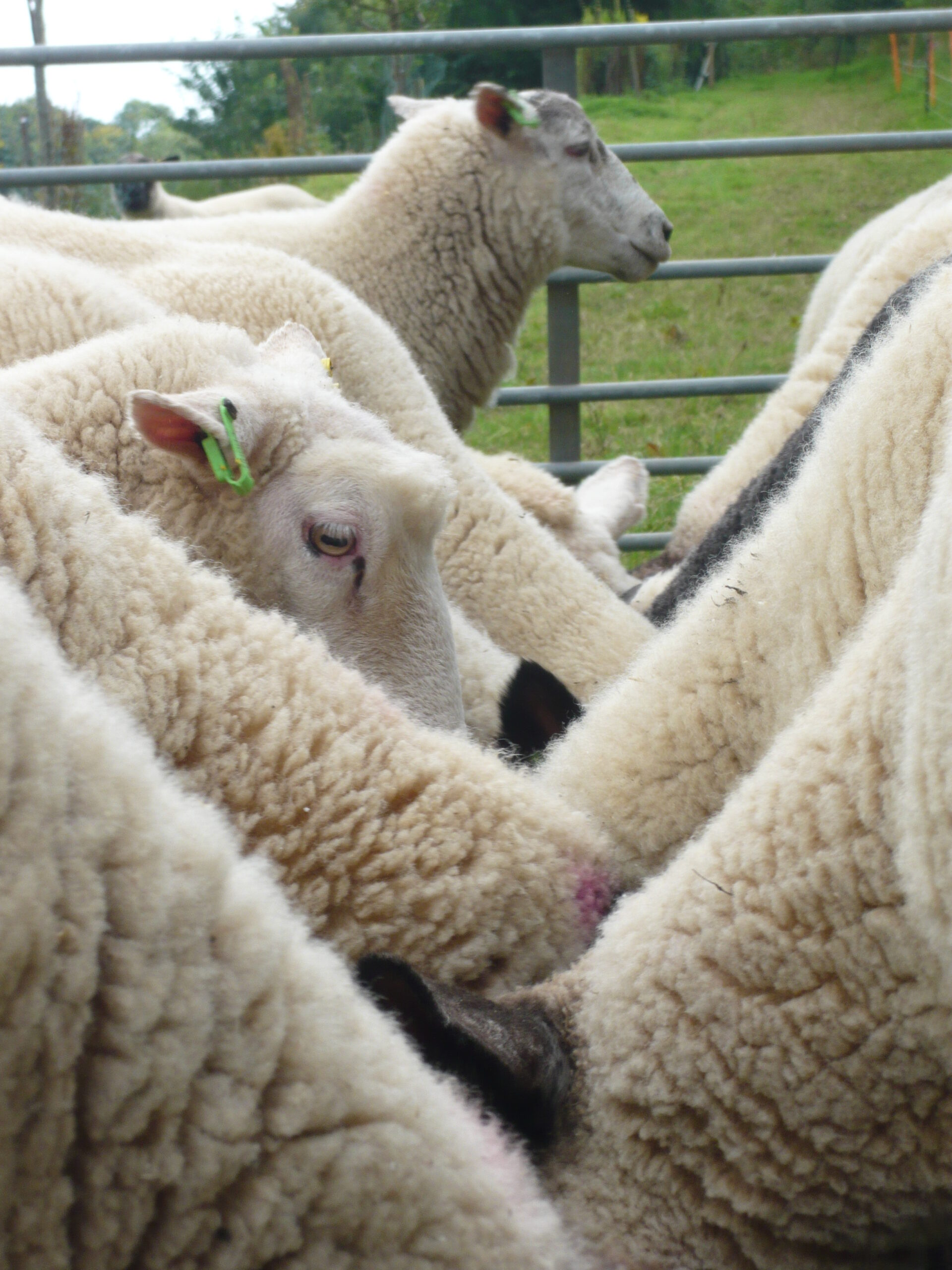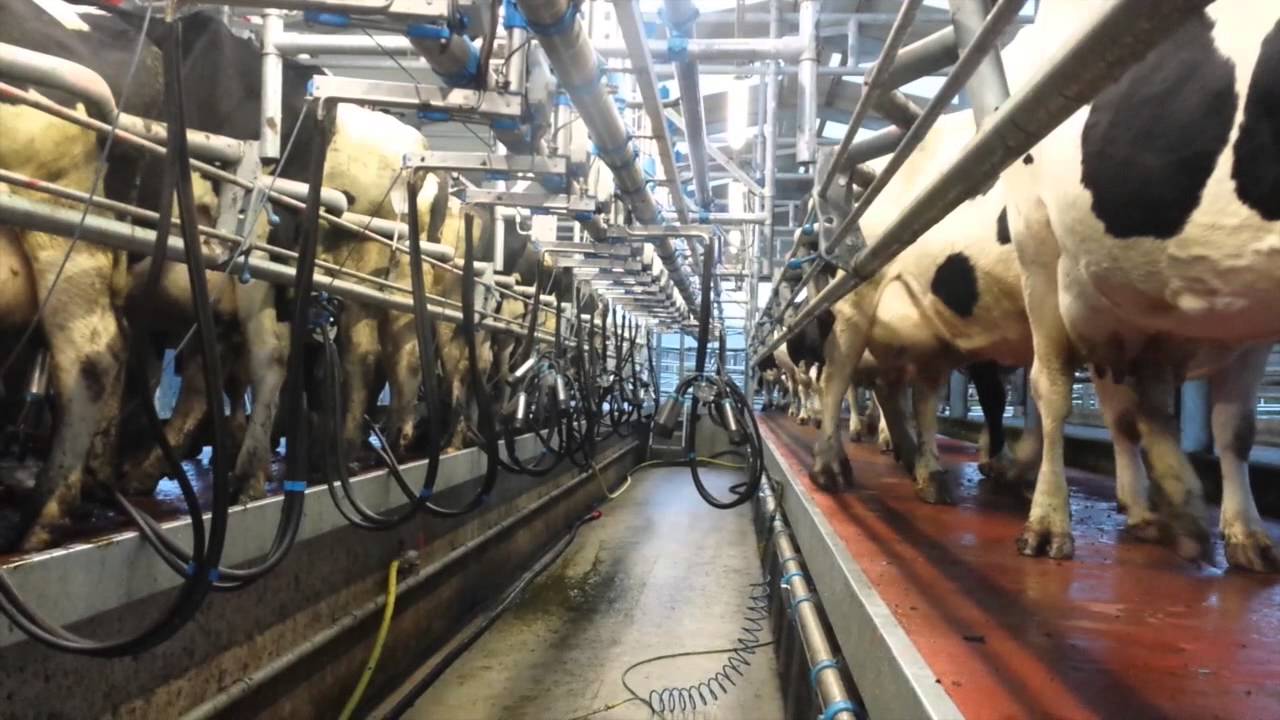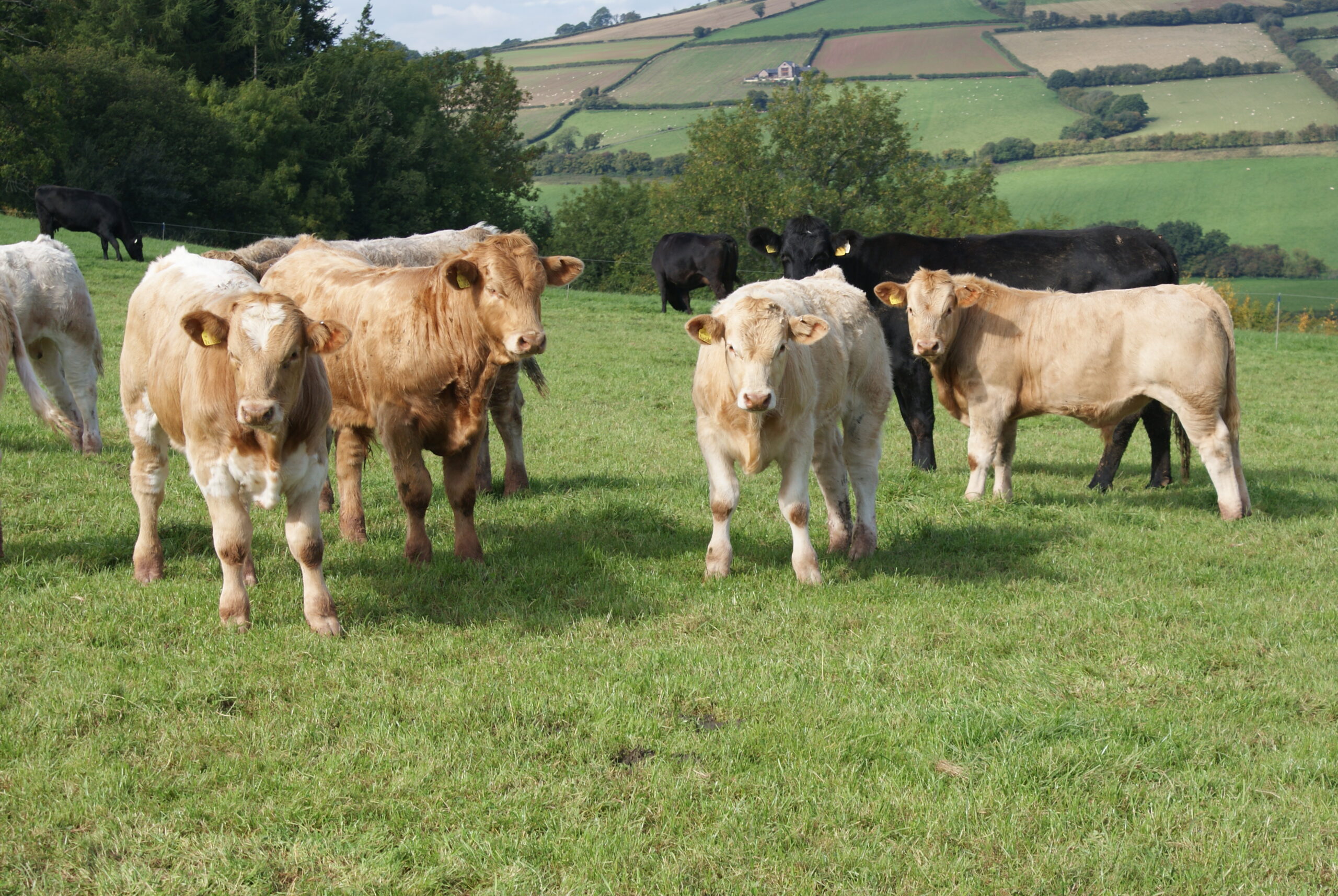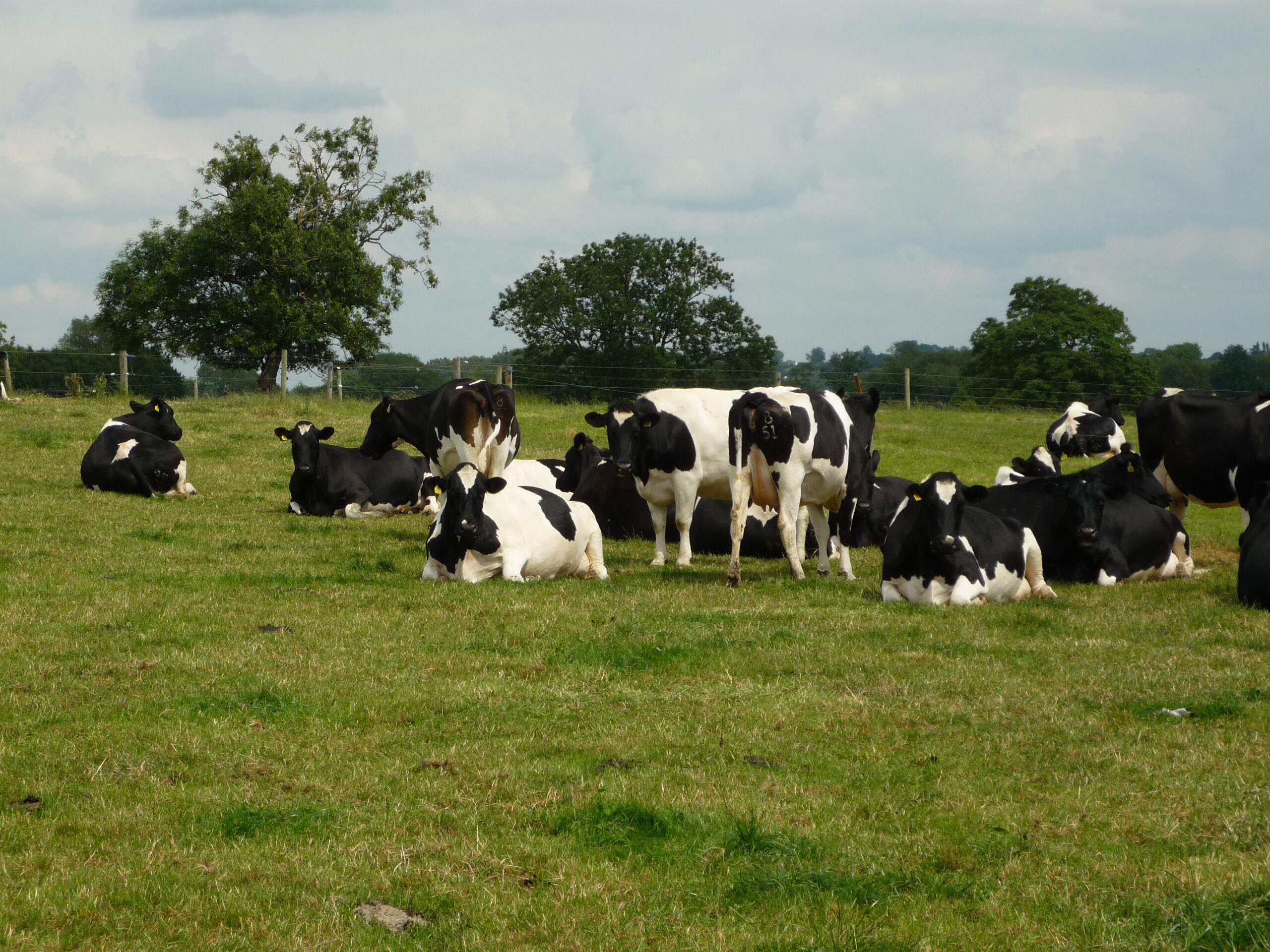The sheep meat price has risen sharply since the start of the year. In the week ending the 14th April the GB deadweight OSL average SQQ broke the £6.00 per kg barrier for the first time ever, to reach 601.9 p per kg; some 189.9 p per kg more than for the same week in 2017.
The dramatic increase in price has been a surprise to many, especially as forecasts were for production to be higher in the first quarter of 2018 than in 2017 (typically exerting downward pressure on prices). In fact, this has been the case, although not by as much as expected; production was up by 2.7%, but fewer ewes came onto the market than forecast. But other factors have played their part in the price rise. In 2017, both the Australian and New Zealand price rose sharply, the GB price did not follow at that time and therefore the gap between GB and New Zealand lamb narrowed. Imports of NZ lamb into the UK (and the rest of the EU) have consequently fallen, partly due to the decline in supplies in NZ but also due to the narrowing of the price difference, meaning other markets have been more attractive for New Zealand.
GB export demand has also strengthened; in the first two months of 2018 there has been a 16% year-on-year increase which has seen a tightening of domestic supplies. In addition, the French farmgate price has risen at the same time as the GB price, this is unusual, as typically the French price acts as a ‘ceiling’ to the GB price, but with both rising at the same time this has not been the case.
Looking ahead as to whether prices will hold over the coming months we can see values have already started to fall. In the week ending 21st April, prices declined to average 578.8p per kg but this is still 168.6 p per kg more than last year’s levels. It is typical for prices to fall at this time of year as more lambs come to the market, but we are not expecting the price to collapse. Slaughterings are expected to increase during quarters two and three, applying some downward pressure on prices. However, the poor weather during lambing across Britain will mean the lamb crop will not be as large as it might have been, given the growth in the national breeding flock.
In addition, imports seem unlikely to pressurise prices greatly. Although the price difference between NZ and GB lamb has begun to widen since the domestic price rally, import value per tonne into the GB remains less attractive than other markets and therefore volumes from NZ are not expected to recover in the short to medium term. By contrast, export demand is expected to remain strong in the coming season, and, with reports that domestic frozen stocks commenced 2018 lower than historical values, supplies for the domestic market are forecast to remain tighter than usual over the coming months . All this should help to support prices.
